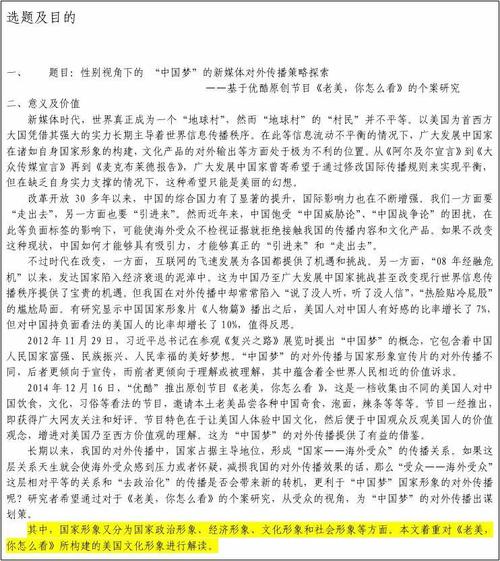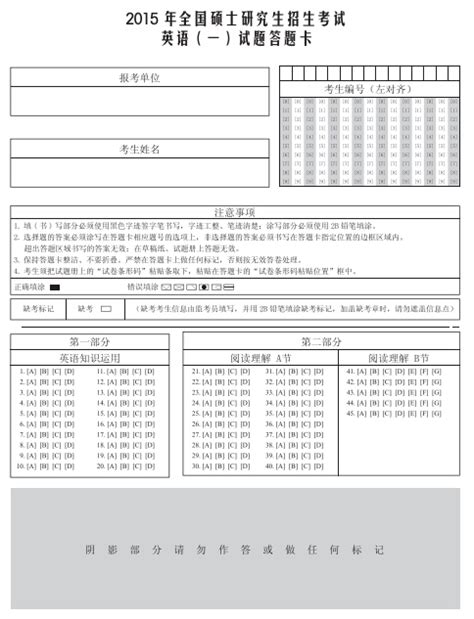科研设想研究思路
Title: Crafting a Research Proposal for Graduate Studies: Exploring Innovative Solutions in Renewable Energy
Introduction:
In the pursuit of addressing global energy challenges, renewable energy has emerged as a pivotal solution. This research proposal aims to explore innovative approaches within the realm of renewable energy to contribute to sustainable development and combat climate change. Focused primarily on solar energy technologies, this proposal outlines a comprehensive plan for research during graduate studies.
Background:
The global energy landscape is undergoing a transformative shift towards renewable sources, driven by concerns over climate change, energy security, and sustainable development. Solar energy, in particular, holds immense potential due to its abundance and versatility. However, challenges such as intermittency, efficiency, and scalability persist, necessitating further research and innovation.
Research Objectives:
1. Investigate novel materials and techniques for enhancing the efficiency of solar photovoltaic (PV) cells.
2. Explore advanced energy storage solutions to mitigate the intermittency of solar power.
3. Develop innovative approaches for integrating solar energy into existing infrastructure and urban environments.
4. Assess the environmental impact and life cycle analysis of emerging solar technologies.
5. Analyze policy frameworks and economic incentives to promote the widespread adoption of solar energy.
Methodology:
1.
Experimental Research:
Conduct laboratory experiments to evaluate the performance of new materials (such as perovskitebased solar cells) and fabrication techniques in improving PV cell efficiency.
2.
Simulation Studies:
Utilize computational models to simulate energy storage systems, optimizing parameters for maximum efficiency and reliability.3.
Case Studies:
Investigate successful examples of solar integration in urban settings, identifying best practices and potential challenges.4.
Life Cycle Assessment:
Perform comprehensive assessments of environmental impacts associated with different solar technologies, considering factors such as manufacturing, operation, and disposal.5.
Policy Analysis:
Review existing policies and incentives for renewable energy adoption, assessing their effectiveness and proposing policy recommendations based on empirical evidence.Expected Outcomes:
1. Development of highperformance solar PV cells with improved efficiency and durability.
2. Identification of costeffective energy storage solutions to enhance the reliability of solar power.
3. Design guidelines for urban planners and architects to integrate solar energy systems into buildings and infrastructure.
4. Insights into the environmental sustainability of various solar technologies, informing future research and industry practices.
5. Policy recommendations to policymakers aimed at accelerating the transition towards renewable energy adoption at both local and global scales.
Conclusion:
This research proposal outlines a multidisciplinary approach to advance the field of renewable energy, with a specific focus on solar technologies. By leveraging experimental, computational, and analytical methods, this study aims to contribute to the development of innovative solutions that address key challenges hindering the widespread adoption of solar energy. Through collaboration with academic institutions, industry partners, and policymakers, the proposed research endeavors to accelerate the transition towards a sustainable and resilient energy future.
References:
(Provide a list of relevant academic papers, reports, and policy documents cited in the proposal.)
版权声明
本文仅代表作者观点,不代表百度立场。
本文系作者授权百度百家发表,未经许可,不得转载。











